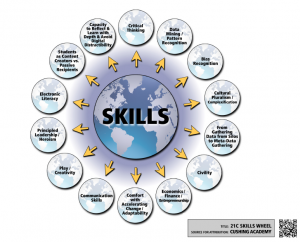“Philosophical reflections on teaching are typically less specific and direct than practitioners might wish, but they are capable of having a profound, often gradual, effect on practice as a fundamental re-thinking of the overall enterprise of teaching, its manner, aims, and assumptions, begins to take shape. Philosophy operates at a certain level of generality and abstraction, to some extent removed from the immediate and pressing problems which beset the context in question. It is worth recalling, however, Bertrand
Russell’s warning about “the tyranny of the here and now” from which philosophical reflection may help us escape.1 Philosophy, said A. N. Whitehead, makes its slow advance by the introduction of new ideas, widening vision and adjusting clashes.2 Over time, discussion of fundamental principles, categories and beliefs which structure and define teaching can open the way to a very different conception of the tasks which are central.'”

